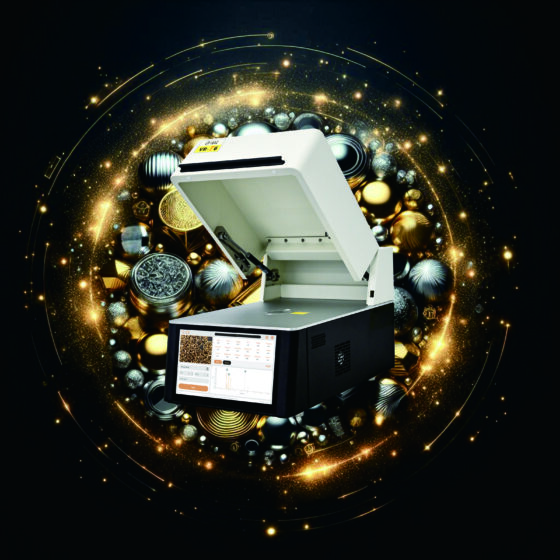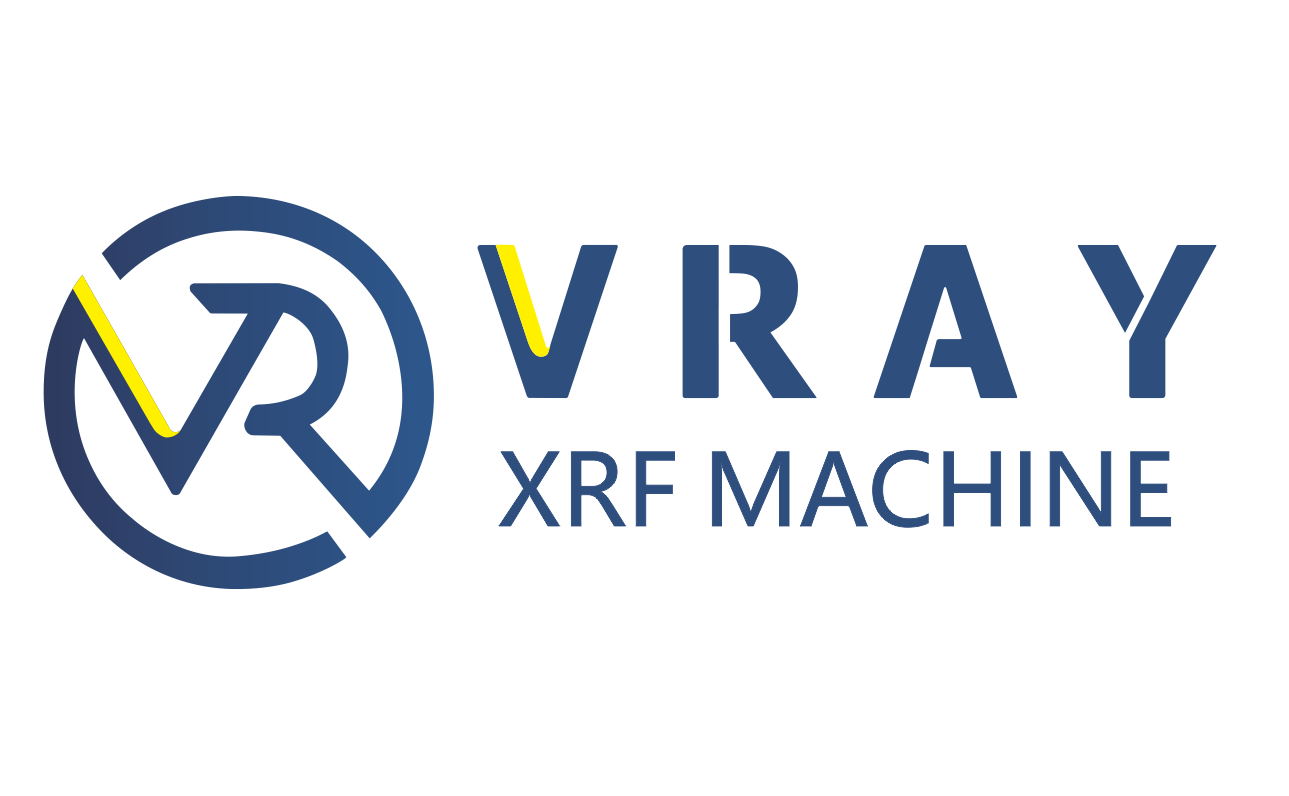¿Por qué el analizador de oro XRF es más caro que otros probadores de oro??

Las pruebas de oro se han convertido en un proceso esencial para los joyeros, Refinadores, e incluso inversores individuales que buscan verificar la pureza del oro. Si bien hay múltiples métodos disponibles para analizar el oro, el XRF (Fluorescencia de rayos X) Analizador de oro se destaca como una de las opciones más precisas y confiables. Sin embargo, También se sabe que es más caro que otros métodos de prueba tradicionales. Así que, Lo que justifica el precio más alto? Exploremos por qué vale la pena invertir en un analizador de oro XRF.
1. Precisión inigualable
La precisión es un factor crítico cuando se prueban metales preciosos como el oro. A diferencia de otros métodos que solo pueden dar una estimación de la pureza, un analizador de oro XRF proporciona Mediciones precisas de la composición del metal. Esto es especialmente importante cuando se trata de activos de alto valor. Incluso pequeñas variaciones en la pureza pueden marcar una diferencia financiera significativa.
La mayoría de los probadores tradicionales pueden indicar si una muestra es probablemente oro real, Pero a menudo tienen dificultades para diferenciar entre purezas como 14K, 18k, o 24k. Analizadores XRF, Por otro lado, enlatar medir con precisión el contenido de oro, a menudo con precisiones de hasta 0.03%, asegurándose de obtener resultados exactos. Este nivel de precisión es crucial para las empresas que manejan grandes volúmenes de oro o aquellas que requieren total confianza en sus resultados.
2. Análisis Elemental
Una de las características definitorias de la tecnología XRF es su capacidad de rendimiento Análisis elemental. Los analizadores XRF no se limitan a probar la pureza del oro. Pueden: Identificar y cuantificar todos los elementos presentes en una muestra. Esto significa que no solo pueden decirle cuánto oro hay en una muestra, Pero también pueden detectar otros metales como la plata, cobre, níquel, y paladio que podría estar presente. Esta capacidad es esencial en el mundo de hoy, donde el oro a menudo se alea con otros metales.
Métodos tradicionales, como pruebas ácidas o probadores electrónicos, simplemente no puede igualar este nivel de detalle. Las pruebas ácidas pueden indicar si un metal es oro, Pero no revelará la composición exacta de la aleación. Tecnología XRF, En contraste, Ofrece Datos completos Eso es invaluable para las industrias que requieren un conocimiento profundo de sus materiales.
3. Ensayos no destructivos
Otra ventaja significativa de un analizador XRF es que realiza pruebas sin dañar la muestra. Ensayos no destructivos (NDT) asegura que el oro permanezca intacto e ileso, lo cual es especialmente importante para artículos valiosos o delicados como joyas antiguas o monedas. Otros métodos de prueba de oro, como la prueba de arañazos y ácidos, implican alterar físicamente la muestra, lo que puede afectar su valor de reventa o apariencia.
Invertir en un analizador XRF le permite realizar pruebas con confianza sin comprometer la integridad del artículo, lo que lo hace particularmente popular entre los coleccionistas, Casas de empeño, y casas de subastas.
4. Operación rápida y fácil
El tiempo es dinero, Y la velocidad de las pruebas es crucial en industrias con altas tasas de rotación. Los analizadores XRF ofrecen: Pruebas rápidas, a menudo proporciona resultados en menos de un minuto. En comparación con los métodos tradicionales, lo que puede requerir múltiples pasos o esperar reacciones químicas, XRF proporciona una alternativa mucho más rápida. La interfaz fácil de usar de la máquina y el funcionamiento optimizado garantizan que incluso los no expertos puedan realizar pruebas con facilidad.
Aunque la tecnología XRF es sofisticada, Muchas de las máquinas modernas, como el nuestro Analizador de oro VR-X5 XRF, están diseñados para ser intuitivos y fáciles de operar, haciéndolos accesibles incluso a las pequeñas empresas.
5. Inversión a largo plazo y retorno de la inversión
Si bien el costo inicial de un analizador de oro XRF es mayor, el Retorno de la inversión (Retorno de la inversión) es significativo. Estas máquinas están construidas para durar, con componentes duraderos que garantizan que puedan manejar altos volúmenes de prueba a lo largo del tiempo. A diferencia de los kits de prueba consumibles como las soluciones ácidas, que requieren reemplazos frecuentes, un analizador XRF es un Compra única con costes de mantenimiento mínimos.
En industrias donde las pruebas de oro se realizan regularmente, La precisión, velocidad, y la naturaleza no destructiva del análisis XRF puede ahorrar tiempo y dinero a largo plazo. Los datos completos proporcionados también ayudan a Tomar mejores decisiones de negocio, ya sea en las compras, refinación, o tasar el oro.
Conclusión
El precio más alto de un analizador de oro XRF se justifica por la exactitud, Capacidades de análisis elemental, Ensayos no destructivos, velocidad, y el retorno de la inversión a largo plazo Proporciona. Para los profesionales de la industria del oro, Estos beneficios superan con creces el costo inicial, lo que convierte al analizador XRF en una herramienta esencial para garantizar el valor y la autenticidad de sus productos.
Si su negocio exige pruebas precisas de pureza del oro y la capacidad de analizar la composición elemental completa de las muestras, un analizador de oro XRF es, sin duda, la opción más fiable.
 VRAY Instrument Limited
VRAY Instrument Limited

